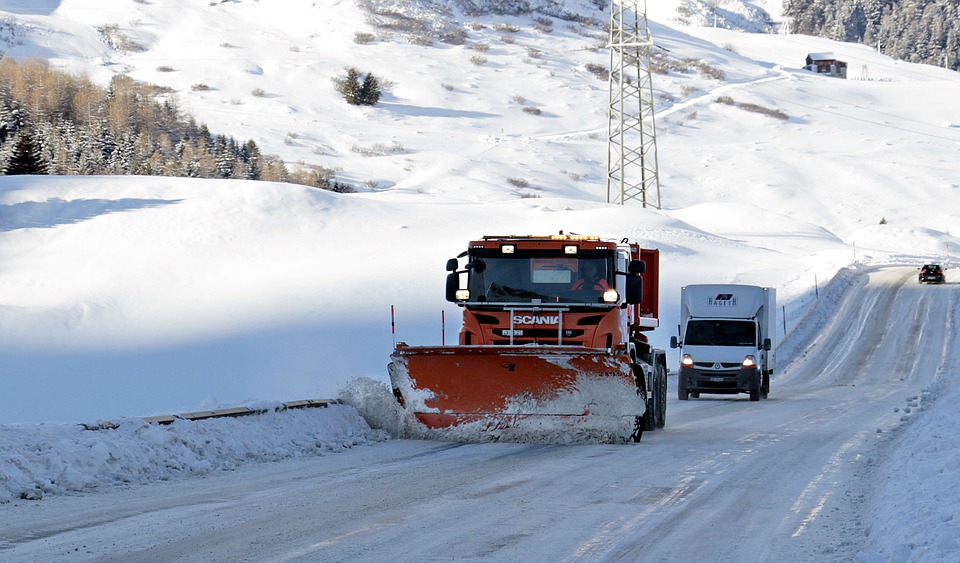A Heriot-Watt University spin-out company is using smart technology to help safeguard Scotland’s roads and possibly bring an end to pot-holes.
Gritting lorries dispersing salt along the roads are a familiar sight at this time of year but maintaining adequate salt supplies remains an ongoing battle for local authorities. In the UK alone, it costs around £150m to spread more than 2 million tonnes of grit onto the UK’s motorways, trunk roads, and main roads.
Now, MicroSense Technologies Ltd. (MTL) has developed a state-of-the-art sensing system to ensure an equal spread of grit across road surfaces. Measuring at around the size of the average mobile phone, the device can be fitted to a gritter and uses advanced data analysis and radar sensing to detect how much de-icer salt is already on the road.
This information is instantly reported back to an onboard computer, which allows the vehicle to adjust the amounts of grit required, as well as record the condition of the road surface.
“At present, when gritters spread salt over multiple days, no account is taken as to how much de-icer salt is left on the road,” said MTL co-founder Professor David Flynn. “We have created an affordable and robust means of assessing the road surface conditions and accurately determine how much salt, if any, a stretch of road needs.”
The technology helps ensure conditions are as safe as they possibly can be. The company has also made some subtle adaptations of the system that allow it to scan the internal road condition.
“This ability to evaluate the tarmac allows us to identify early signs of pot-hole formation before they start,” said Flynn.
MTL is now working in partnership with the UK’s largest importer of salt products, Peacock Salt, on the pioneering technology.
“We are excited about the early results from this collaboration and the possibilities it has beyond residual salt measurement,” said Gregorie Marshall, Managing Director at Peacock Salt. “We believe that this product would allow the reduction of salt being spread on the roads which will help to reduce costs as well as reducing the amount of salt that ends up in the watercourses.”
The technology could be installed onto gritters and highway maintenance vehicles within the next few months.


